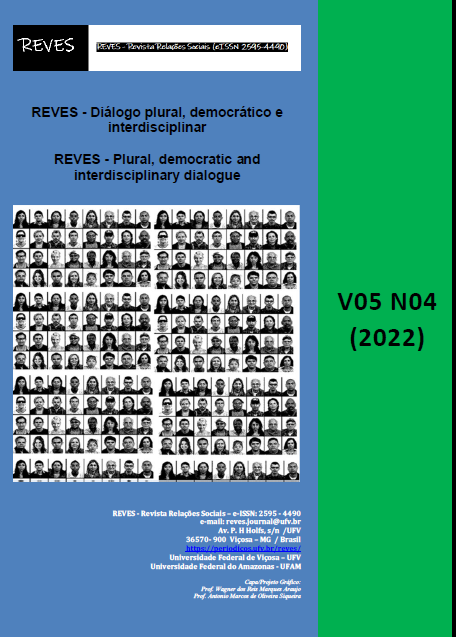Main methodological challenges faced by Youth and Adult Education (EJA) teachers
DOI:
https://doi.org/10.18540/revesvl5iss4pp15091-01ePalabras clave:
Teaching Methodological Difficulties., Teacher.Resumen
The present work identifies the main methodological challenges teachers face in developing Youth and Adult Education (EJA) teaching-learning process. It raises a discussion on the subject at its most critical point of teaching activities in the classroom: the adequacy of teaching methods and techniques to the reality of students in this modality. The general objective of the research is to point out the main methodological challenges teachers face in the pedagogical practices of Youth and Adult Education. Unlike the strategies and methodologies developed linked to other levels and modalities, in regular education, we seek to understand through qualitative research and bibliographical studies a) the historical advances of EJA in Brazil, b) the advances of the Laws of Guidelines and Bases of National Education for EJA, c) international conferences and the National Education Plan and d) proposals that consider the specificities of young people and adults. We took a more subjective look at the treatment of content about the aspirations of EJA students. Youth and adult education is marked by a high dropout rate, little time to work on the content, and a small number of classes to fully develop concepts. These aspects are very different from elementary school students with the same education level—teaching at the time is considered correct. In addition, the results showed that teachers face methodological difficulties in reaching the EJA public, and this is due to 1) students' limited availability of time, 2) the short duration of the course, 3) lack of student motivation, 4 ) lack of own methodologies for EJA, and, 5) disregard of EJA classes with the reality of students' lives.
Descargas
Descargas
Publicado
Cómo citar
Número
Sección
Licencia
Derechos de autor 2022 REVES - Revista Relações Sociais

Esta obra está bajo una licencia internacional Creative Commons Atribución 4.0.












